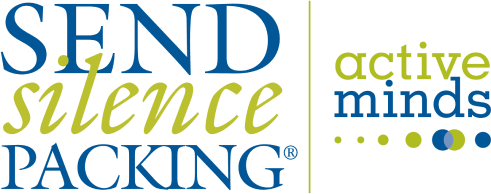Educate yourself on warning signs and what resources are available in your area. You can learn about local resources by Googling your area and mental health resources or visiting your campus’ health resources website.
Research how first responders are addressing mental health within your community. Applaud and thank them for the work they are doing well and/or brainstorm with others on how they can improve so that you may be able to advocate for the change that you would like to see.
Learn what actually happens when someone calls a crisis line and correct common misconceptions your friends or family have if they ever occur by reading this blog post.






